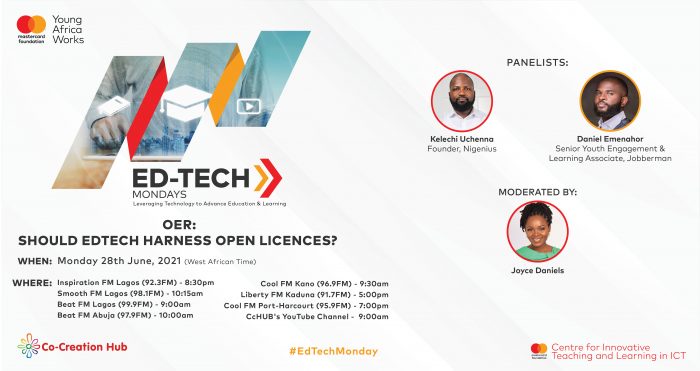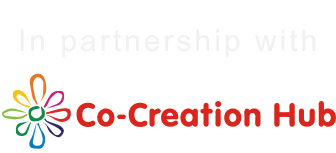In 2019, UNESCO adopted a recommendation supporting the creation, use and adaptation of inclusive and quality Open Educational Resources, and facilitating international cooperation in this field.

In this article, we document discussions by Kelechi Uchenna and Daniel Emenahor from the Ed-Tech Monday show on the challenges and opportunities surrounding the realization of Open Educational Resources relevant to Africa, and the benefits and risks to Ed-Tech companies taking an open source / open licensing approach to their products, platforms and contents.
Let’s start with the definition of Open Educational Resources (OER)
Open Educational Resources are educational pictures, documents, games, applications that can be used for teaching and learning, used to improve student performances, teacher productivity or used to improve school administration, which includes videos, documentations, or white papers for schools and policy owners, it is available on the internet for free and can be downloaded and shared.
All the different sectors of Ed-Tech, leverage Open Educational Resources, such as students accessing resources to improve their learning, or teachers getting resources to improve themselves, or school owners getting resources to make their school better. So Ed-Tech leverages on open education resources to deliver to its stakeholders (Students, teachers, Schools).
How are Ed-Tech companies in Africa and beyond, using OER at the moment
Ed-Tech companies design the courses and upload them on learning platforms either in collaboration with partner organizations or content creators to meet learning demands. These companies can be further categorized into;
- Companies that create their own resources (Eg: uLesson, Naijakids)
- Companies who leverage, share or distribute open resources they get from the internet (Nigenius). Teachers are also given access to online teaching resources on the internet, targeted at what they want to teach.
So there is a large ecosystem of open educational resources, so it is either you are contributing to it or you are making use of it. So OER serves as an open network for information where people can build their content and contribute to it or people are utilizing the information to curate and share learning with others.It is important for Ed-Tech companies, because it enables students to learn beyond their borders. For instance, if students have to learn about Jet proportion, students can understand the proportion of Nigeria, in the proportion of the United states or any other country, this enables a global resource for students to explore across borders.
In the Ed-Tech industry, freemium models are very effective. This means giving out a piece of what you have and giving the rest for a cost or a fee. Freemium models are important because it enables people to access your sites first for free, know the other offerings and those they need to pay for or not. Founders should not be scared to give out something for free.
Some businesses that have leveraged an OER model
- Teachers pay Teachers
- Twinkle
- Nigenius.ng
- Khan Academy
The risk involved in this model is that there are people who just want to take or copy from you to their advantage, but they can’t be stopped, we can however innovate around it. For example,
– Limited downloads (Nigenius limits its download to 6 downloads per day)
– Contents can be branded
– Restricted downloads
What policy recommendations are required to utilise UNESCO’s Open Educational resources in Africa and what African countries stand to gain
Policies adopted should focus on fostering secondary schools to adopt Open Educational Resources and take advantage of these resources for their school. There should also be policies that should promote collaboration to support the use of Open Educational Resources. This will help to drive recognition, exposure and global connectedness for African countries.




